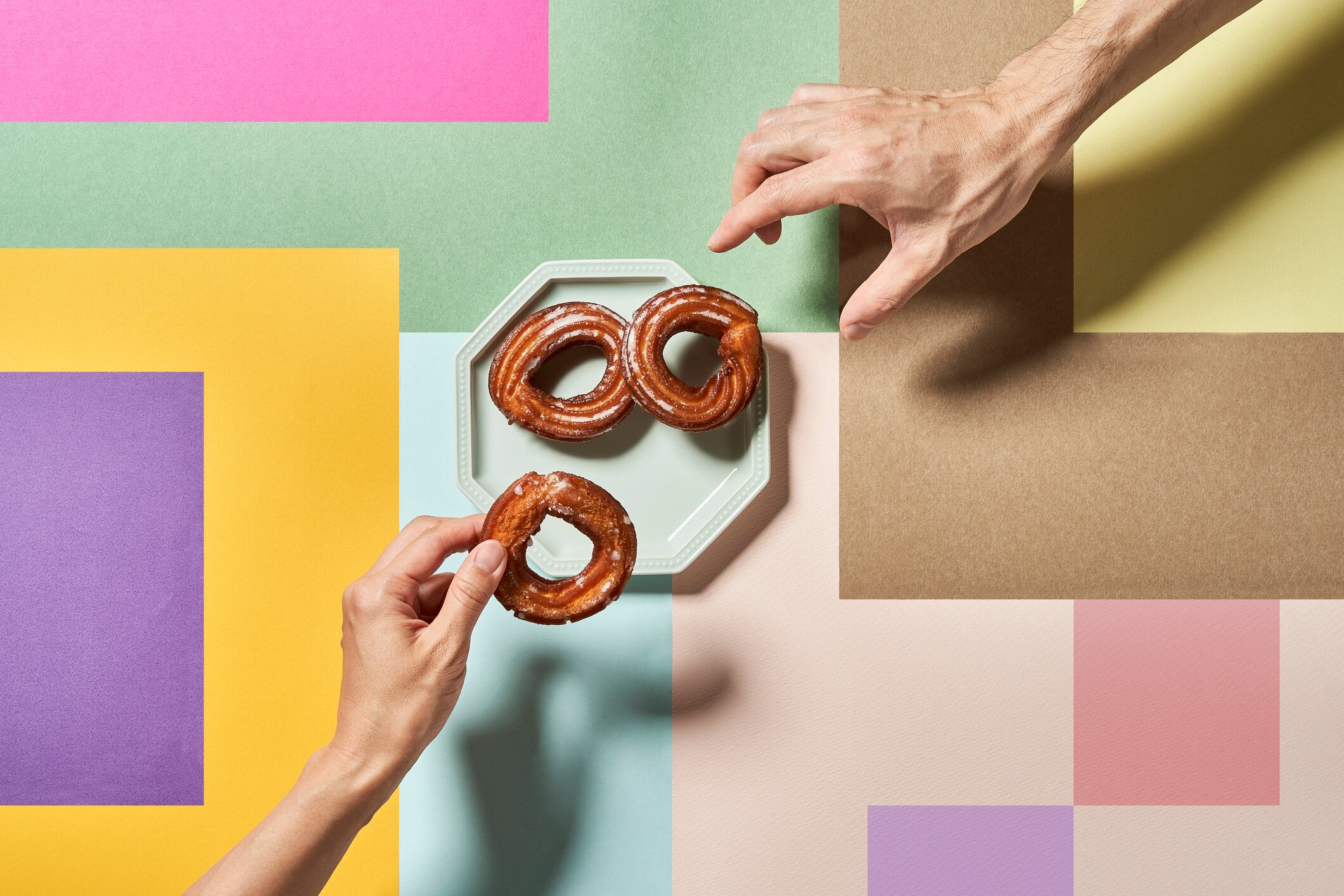
Ultra-processed foods: Reformulation ‘not effective’ in preventing harm
Taking out harmful ingredients and putting in beneficial ones cannot alone counteract negative effects of UPFs, says Lancet study
News & Analysis on Food & Beverage Development & Technology

Taking out harmful ingredients and putting in beneficial ones cannot alone counteract negative effects of UPFs, says Lancet study

The cocoa crisis is forcing chocolate manufacturers to rethink everything - from sourcing and compliance to innovation and consumer trust

Opinion
As the fallout from the Lancet’s three-part series on ultra processed foods settles across the food system, we ask who’s saying what, and what will happen next

The confectionery market is entering a new growth phase, driven by evolving consumer preferences, seasonal demand, and innovation in non-chocolate formats
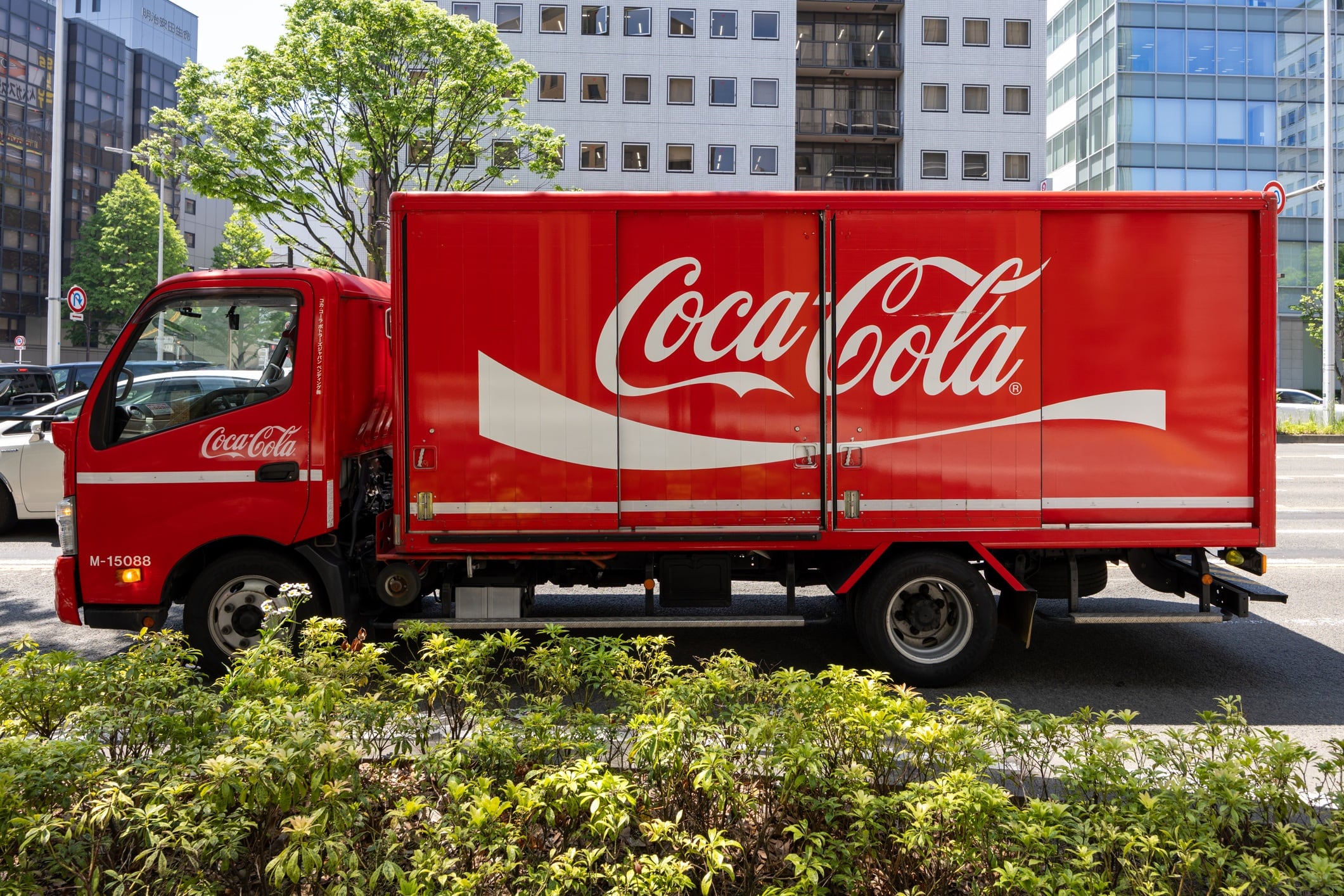
Discover how brand power, smart diversification, and local strategy keep Coca-Cola fizzing at the top of the global beverage game
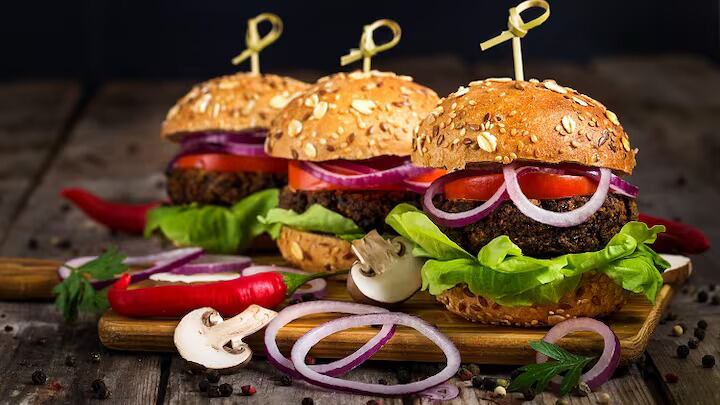
Opinion
Blended foods promise the best of both worlds, but getting them right is no easy feat. Discover the science behind creating hybrid products that deliver on taste, texture, and sustainability

From Kraft Heinz’s split to Mars and Kellanova’s mega-merger, the world’s biggest food brands are reshaping the industry
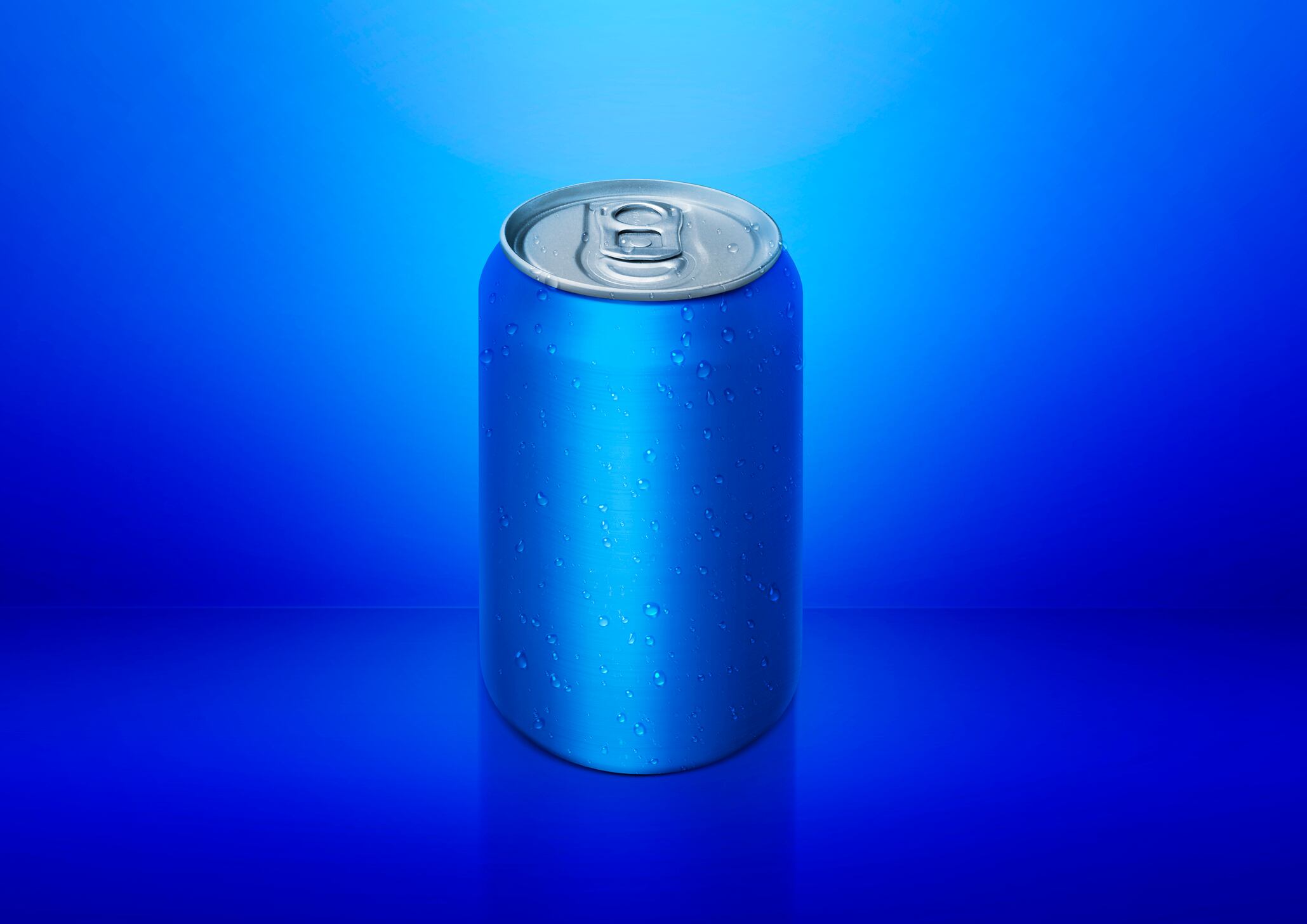
Pepsi’s new beverage innovation contains prebiotic fibres

From labour shortages to climate chaos, the food and beverage industry is fighting fires on all fronts

Functional confectionery is booming. Find out which ingredients are driving the trend

Scientists discover possible solution to ‘bitter’ taste in artificial sweeteners
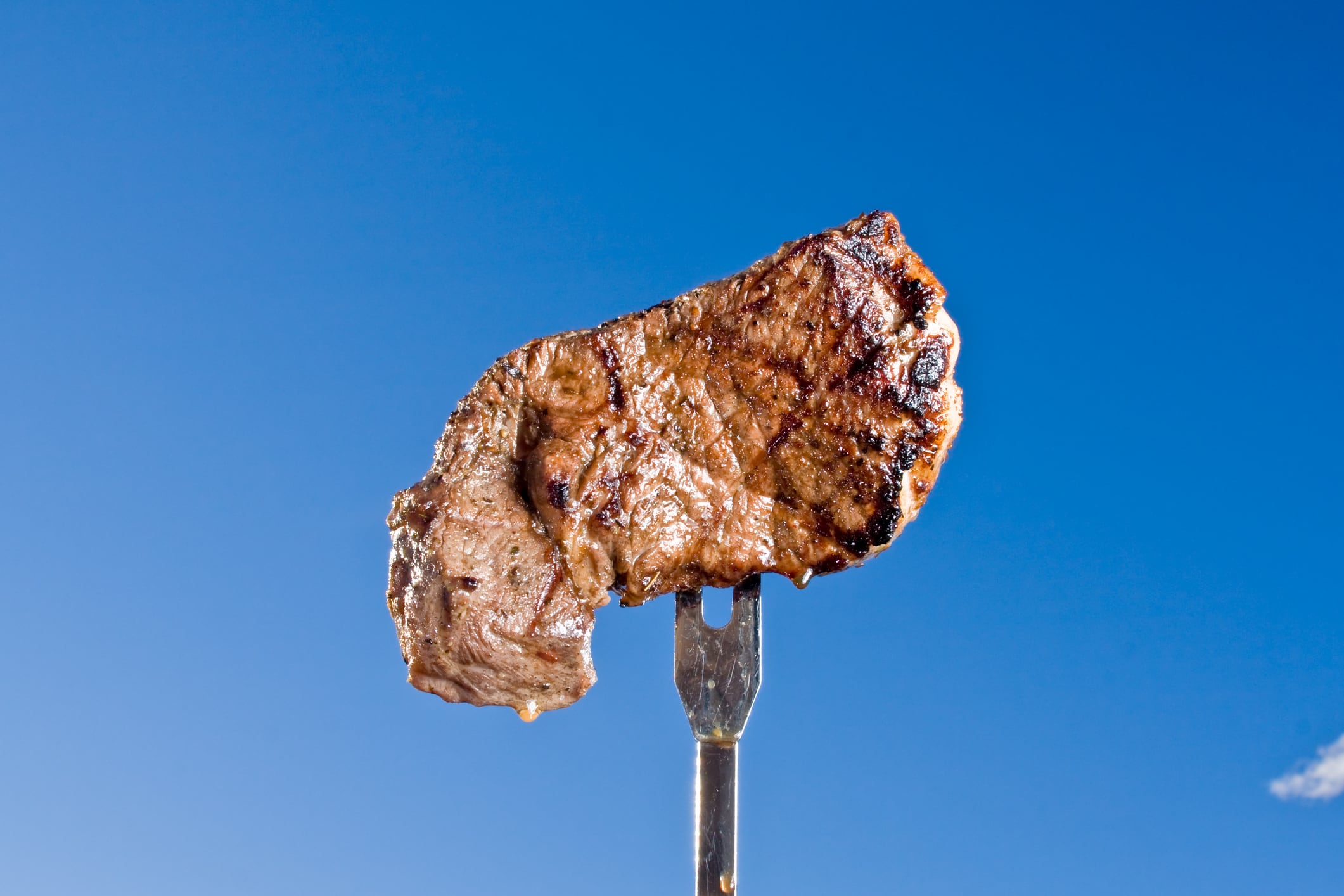
Not all protein sources provide equal health benefits
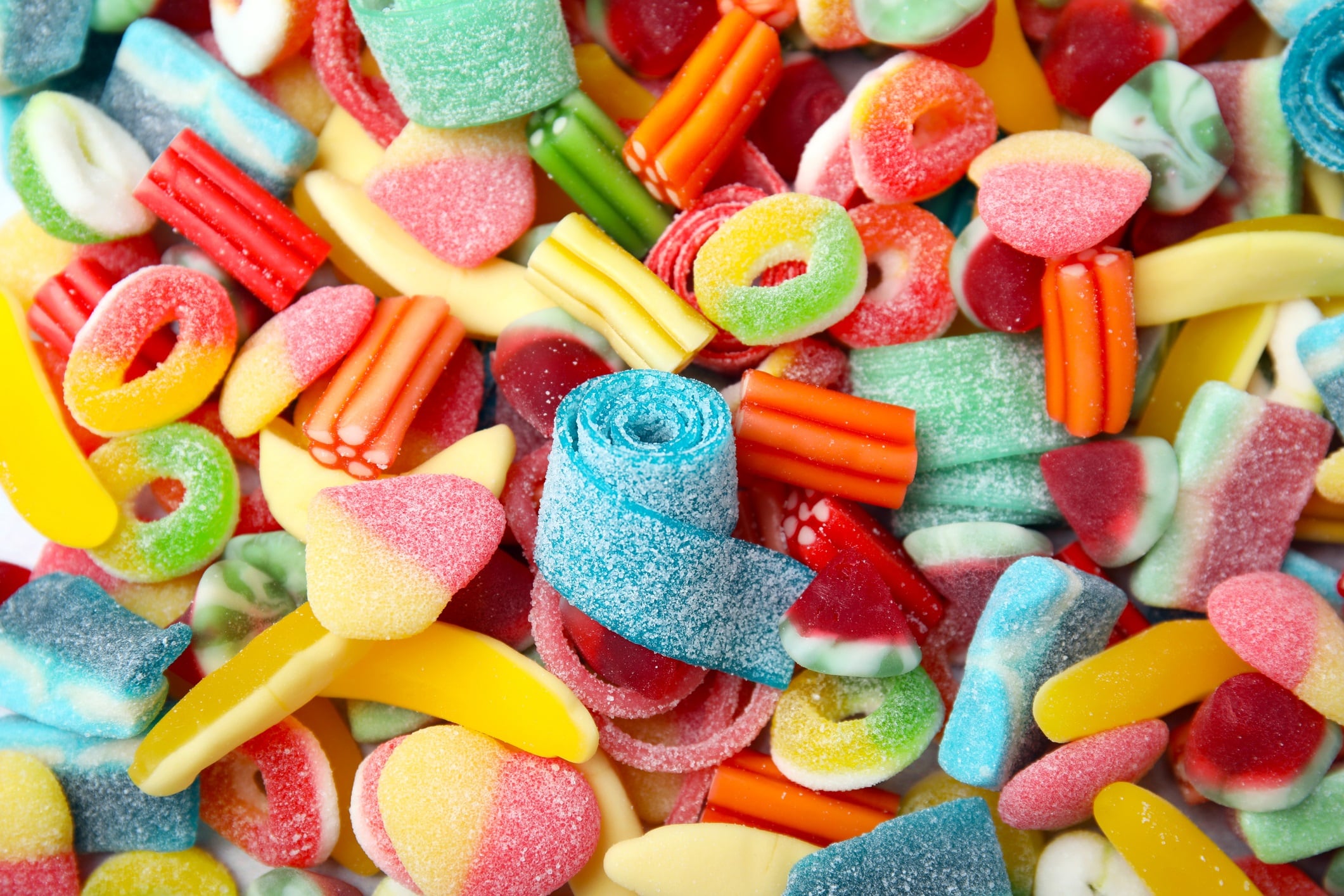
Consumers are turning away from sweeteners amid rising health concerns and distrust. What does this mean for the future of food and beverage?

As consumer priorities shift, food and beverage businesses must adapt fast to survive

M&M’s, Skittles, and Starburst will ditch artificial colours, but not every product is making the switch
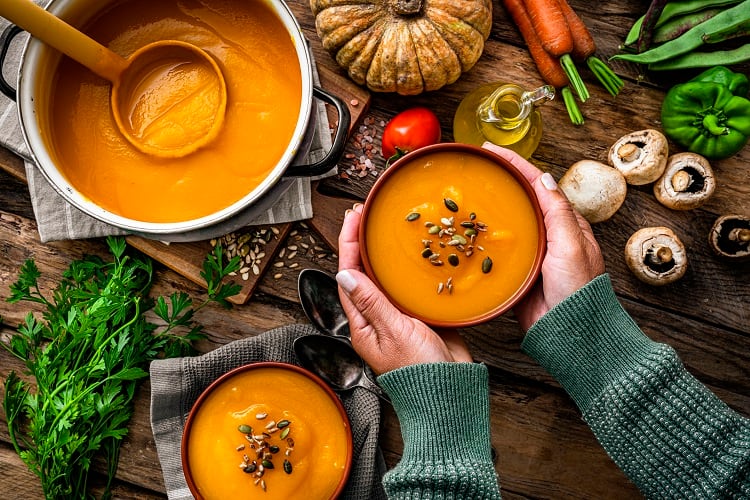
Bold flavours, indulgence, flexitarianism, and wellness are reshaping consumer demand as 2025 draws to a close

As sugar reduction reshapes sweets and snacks, are brands keeping pace with what consumers want?
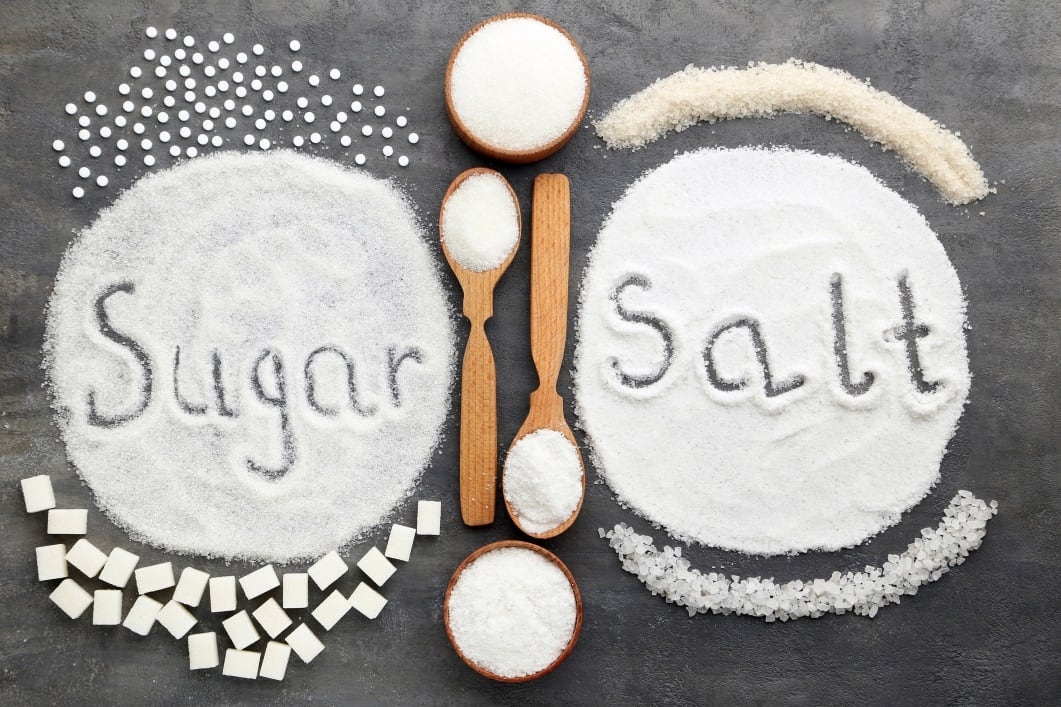
As brands face mounting pressure to cut sodium and sugar without compromising taste, reformulation is no longer a niche concern – it’s driving real commercial gains. Kerry’s behind-the-scenes tech is helping reshape everyday foods and quietly lifting margins
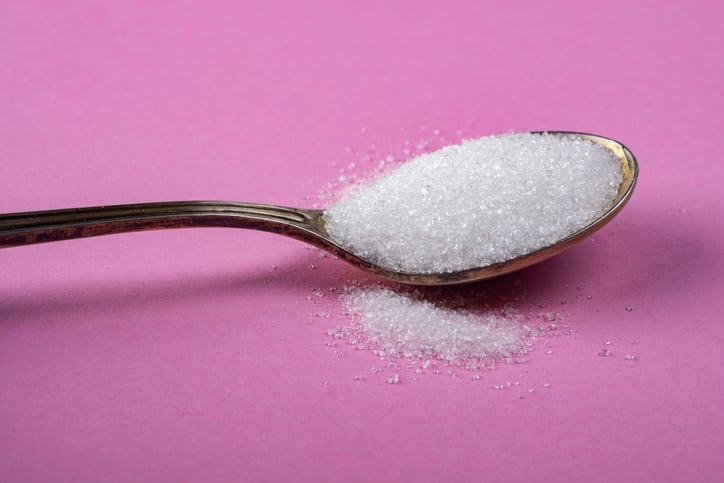
The UK wants to increase the scope of the Soft Drinks Industry Levy: and small businesses are worried

Gluten-free is no longer niche. With the market growing fast, brands are racing to overcome production hurdles for new product development

Functional benefits, luxe indulgence, bold flavours, and festive flair set to dominate confectionery
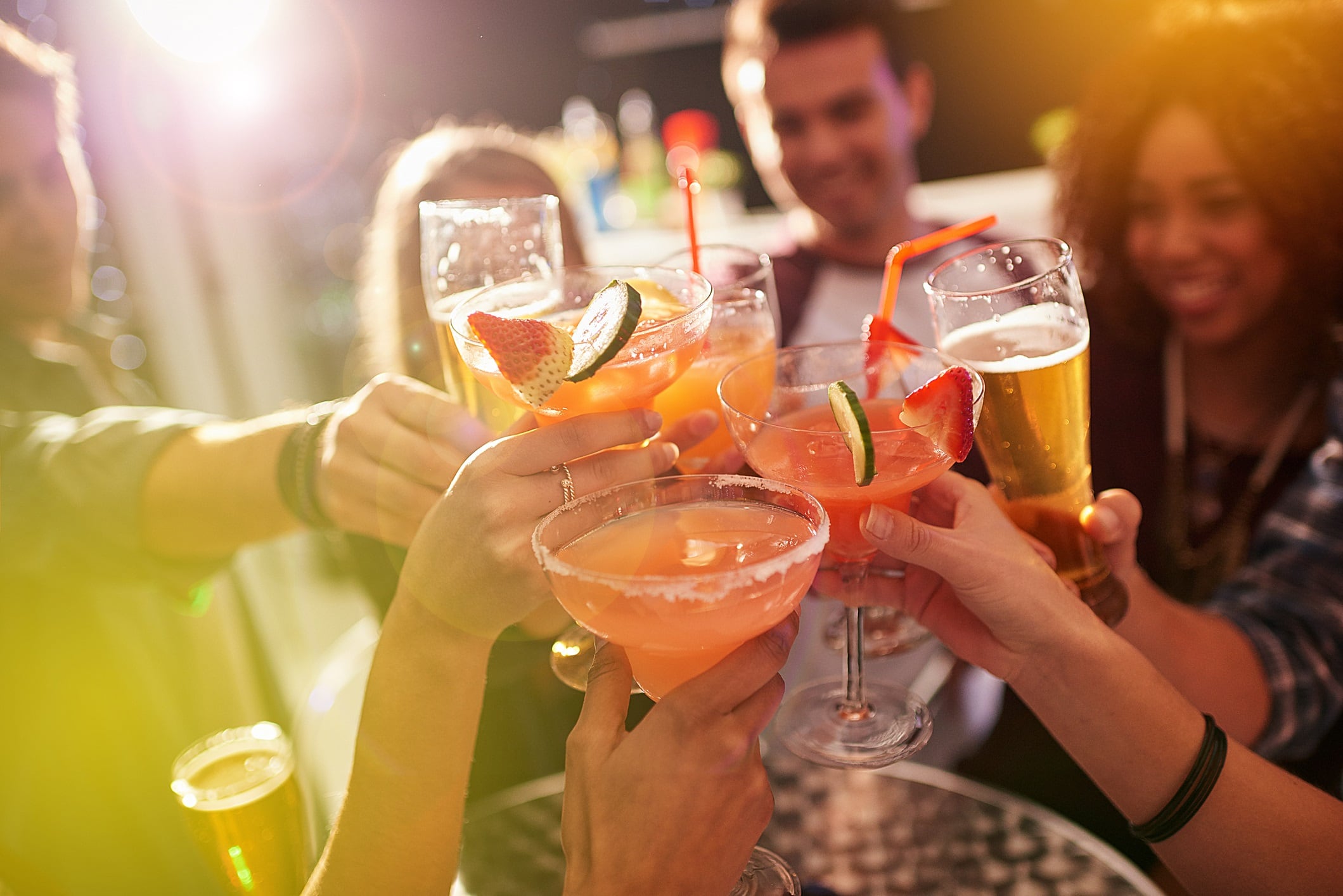
Alcohol sales are are on the up while consumption continues to drop. What’s causing this unusual trend?
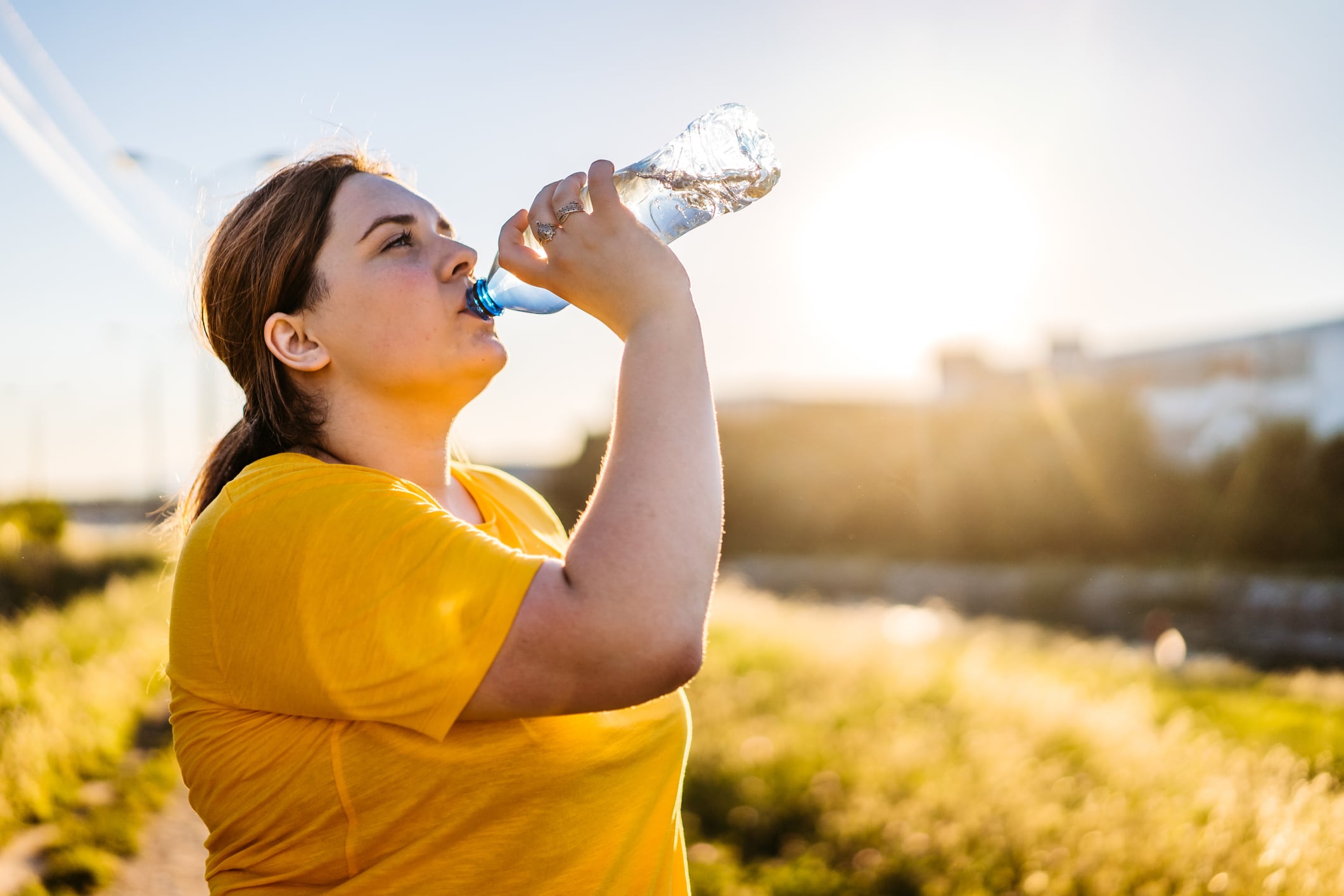
As heatwaves spike continent-wide, consumers need all the help they can get to stay hydrated
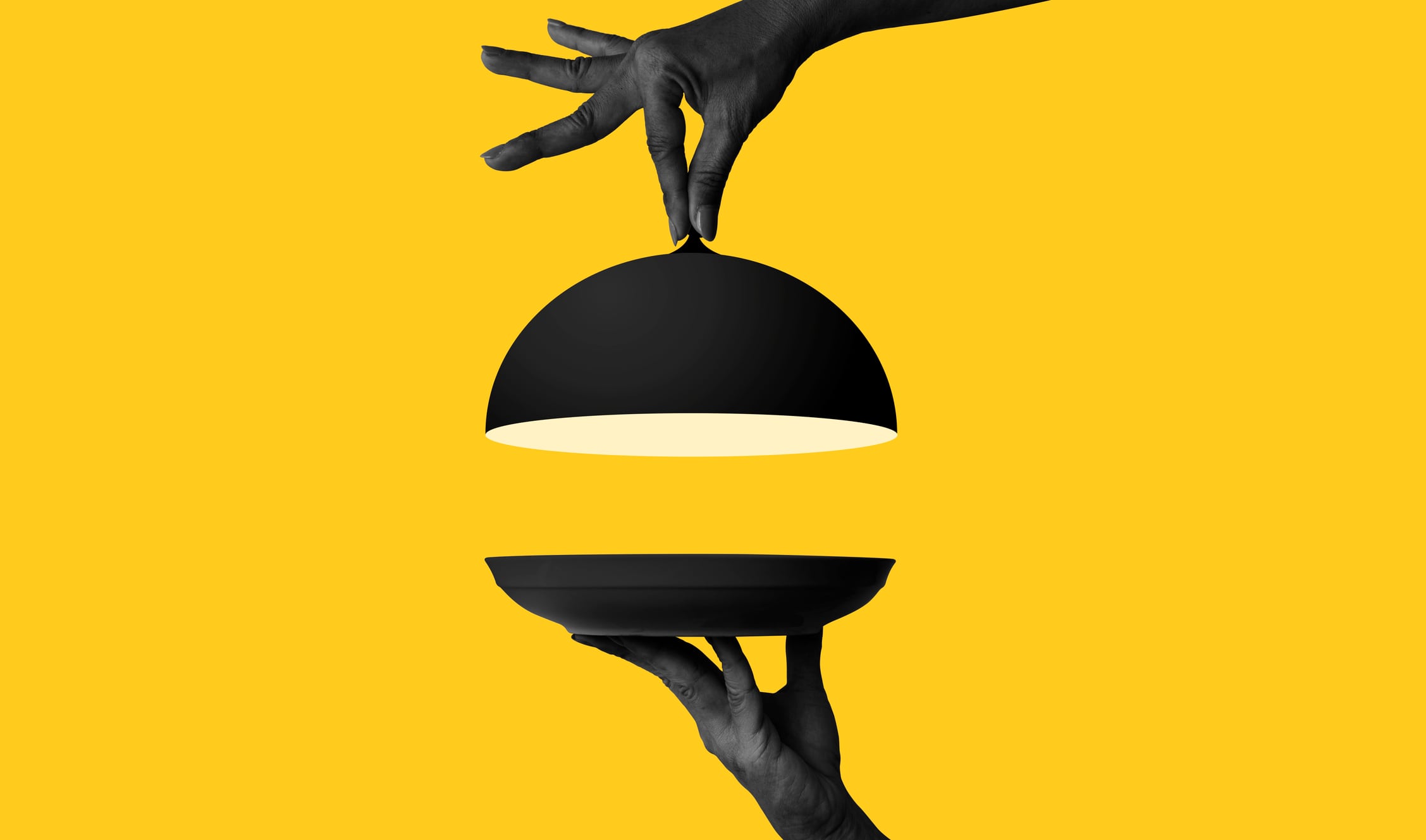
The drugs have already been predicted to change the way we eat

Proteins already do nearly everything in nature. AI is unlocking what they can do next

GLP-1 is changing weight loss one injection at a time. But what do GLP-1 consumers want to eat and what’s behind their decision to ditch old fashioned diets?

Cost and health targets have pushed reformulation to the forefront of food and beverage. But what impact does a change in mouthfeel have on consumer perceptions?

Evidence reveals risk to brain health after just three days of high-fat diet

Convenience channel expansion shows shift in shopping habits as consumers increasingly favour hassle-free buying options
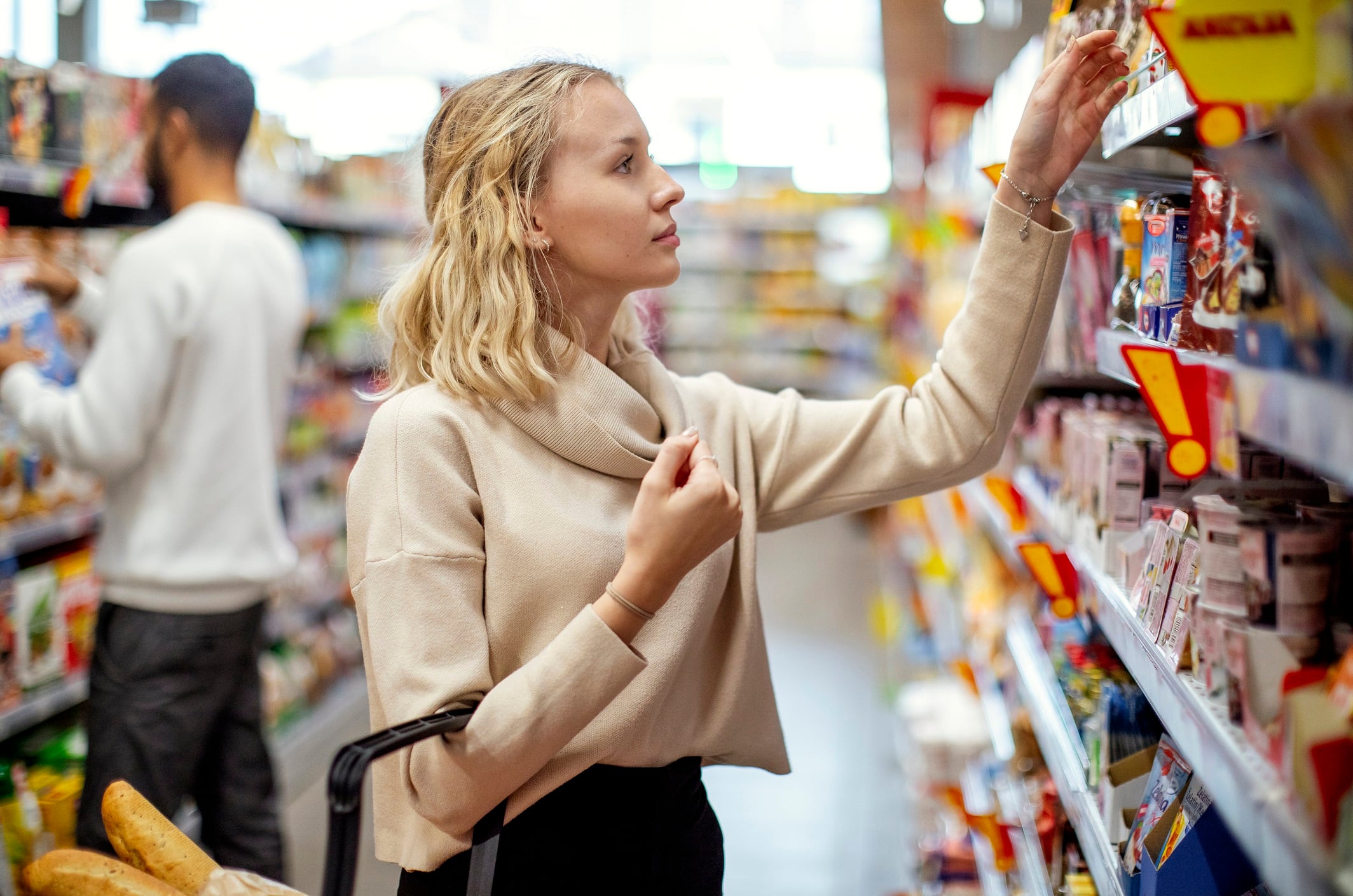
Scientists push for cuts to salt levels in food as evidence uncovers increased obesity risk

Chocolate is one of the most loved sweet treats on the market. But environmental challenges and changing consumer behaviours are transforming the industry’s future
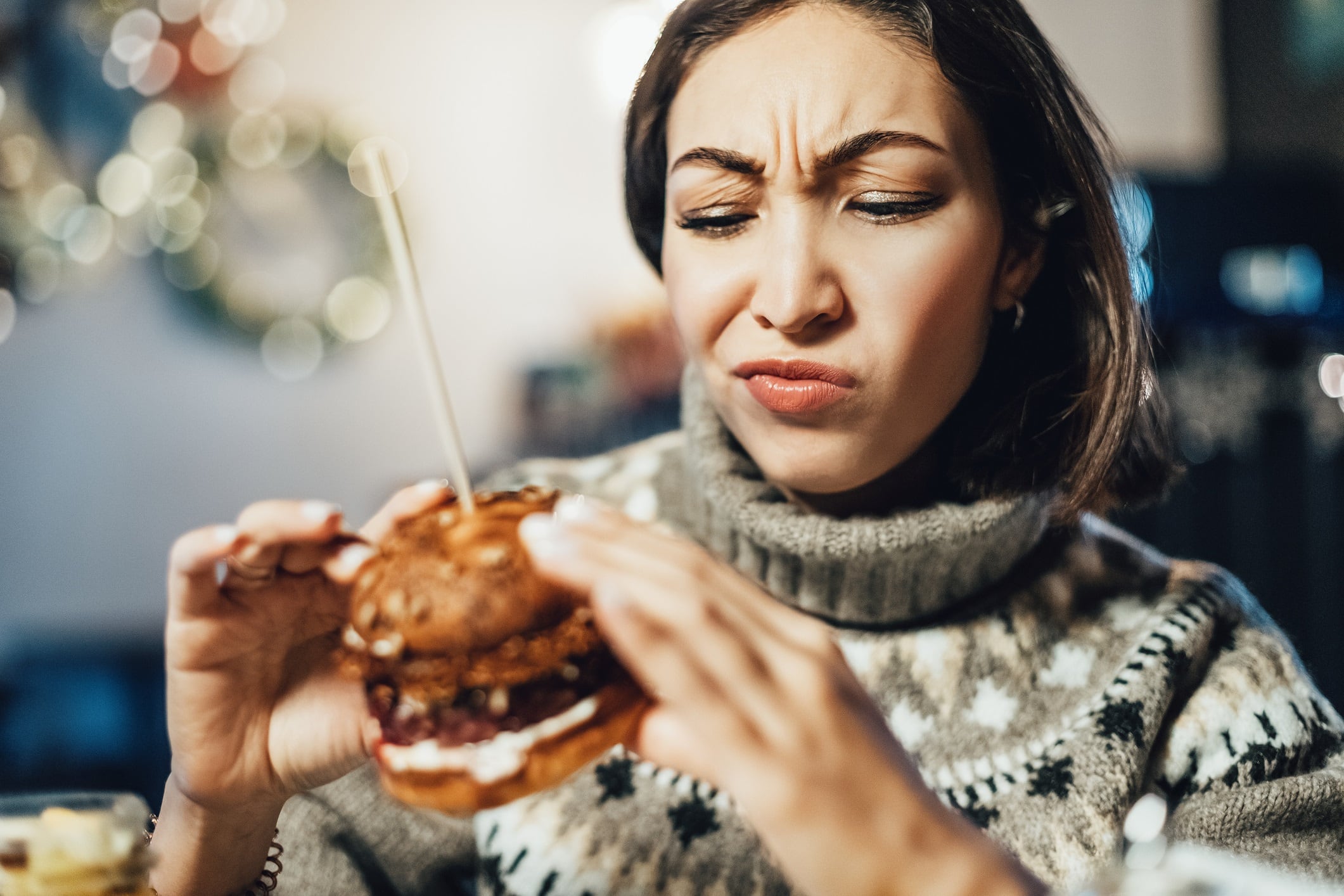
New product development can be a resounding success or an embarrassing failure. We look at the biggest mistakes brands make
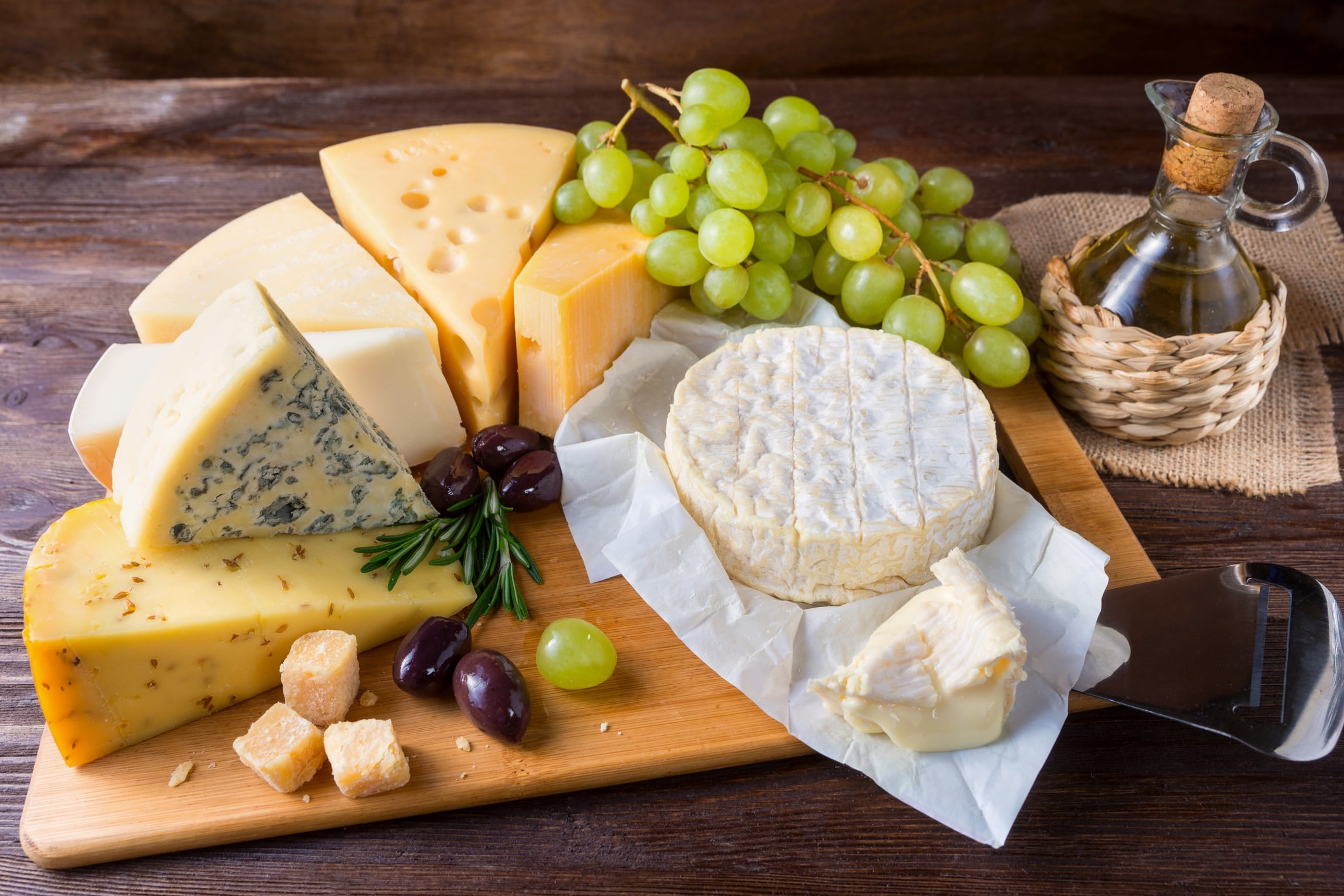
Plant-based cheese is falling short on taste and texture, leading to a surge in interest for hybrid options. And now scientists are even making it ‘healthier’

Big Interview
From niche health needs for infants to catering for an ageing population, Nestlé’s head of nutrition has a vast and changing portfolio to grapple with
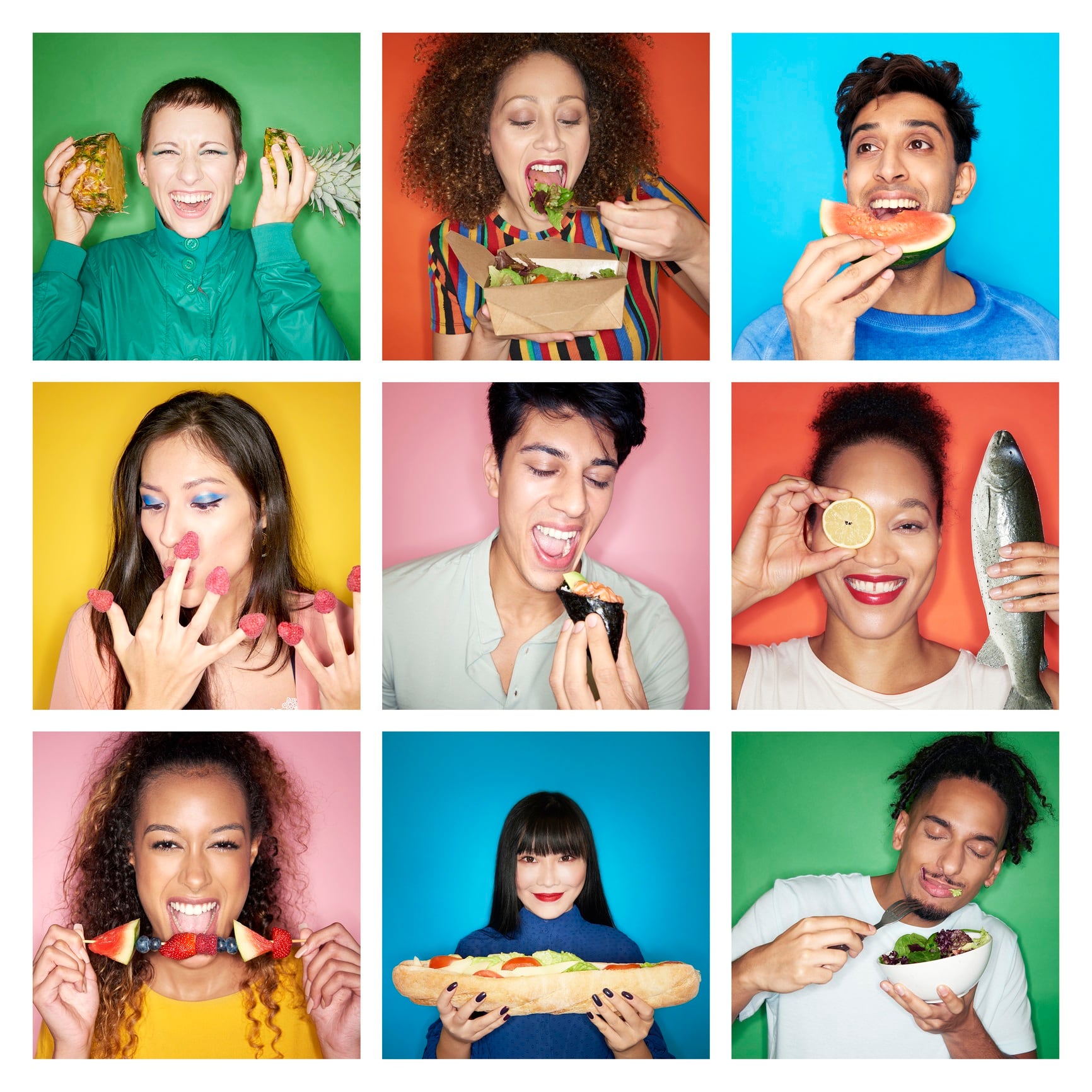
Food and beverage is awash with new and growing trends. We discover what consumers are craving in 2025

The ‘food as medicine’ trend is powering sales of foods and beverages with immune-boosting ingredients. We take a look at the top seven most in-demand immunity boosters

Scientists have discovered the secret to ‘rich’ and ‘luxurious’ probiotic-enhanced chocolate

The future dishes appearing on foodservice and restaurant menus are key trend indicators for food manufacture. Here are the key takeaways from Unilever

Up to the minute updates from the Swiss food and beverage giant

Anti-inflammatory ingredients sales are rising as multiple diets make them a must-have for consumers. We take a look at the top six

The health and wellness trend is dominating food and beverage, driving demand for ingredients that feed into the hype. We take a look at the top five

Consumer behaviours are changing fast, making brands work twice as hard to keep pace and stay relevant. So, how are they doing it?

The globe’s obesity problem is notching up another belt loop, with well over half of adults expected to be overweight by 2050. And the food industry has been called out as a sinner

Interest in non-alcoholic drinks is growing fast. Now added functional benefits look set to supercharge sales.
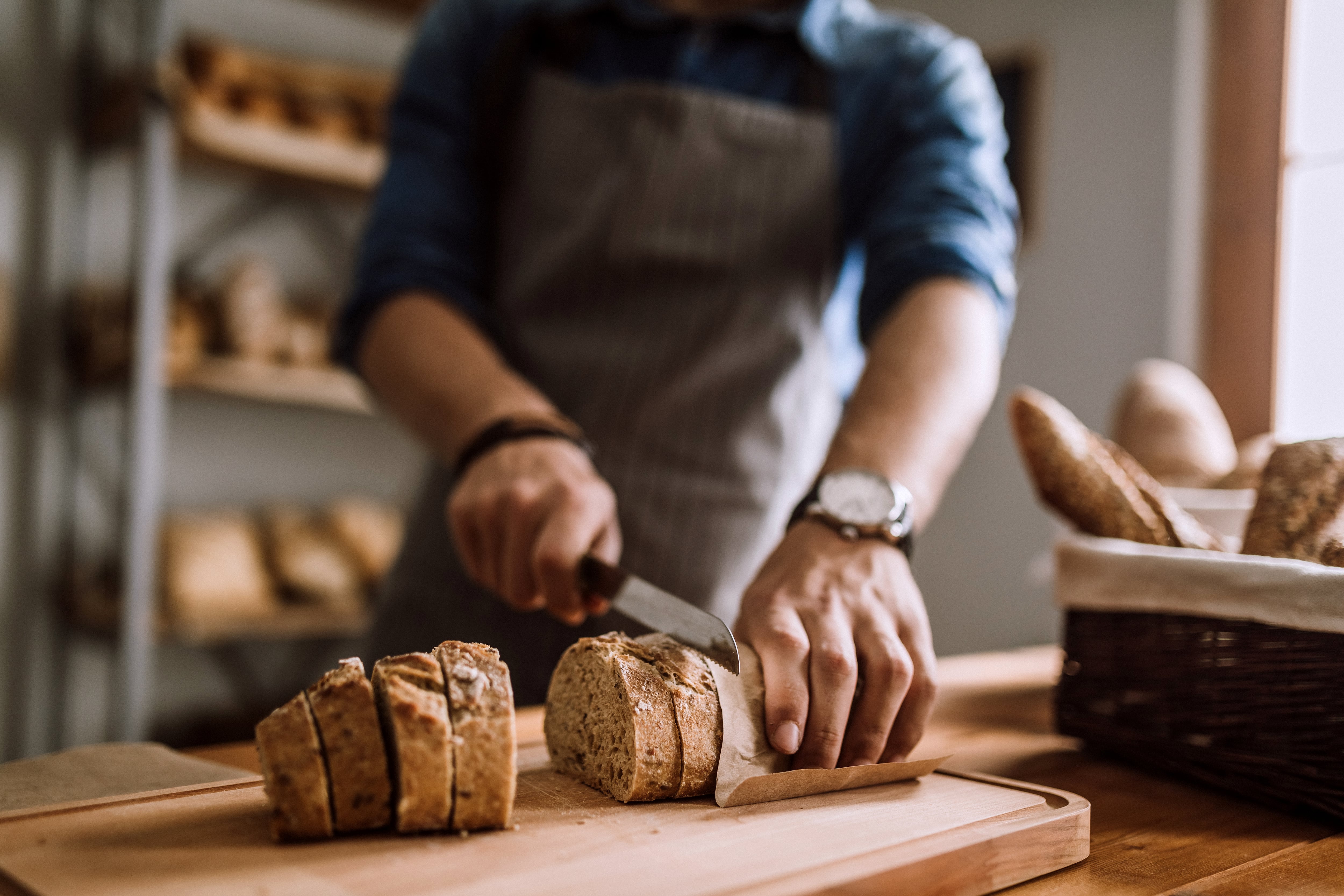
The popular category still has several issues to overcome. How is the industry working to combat these?
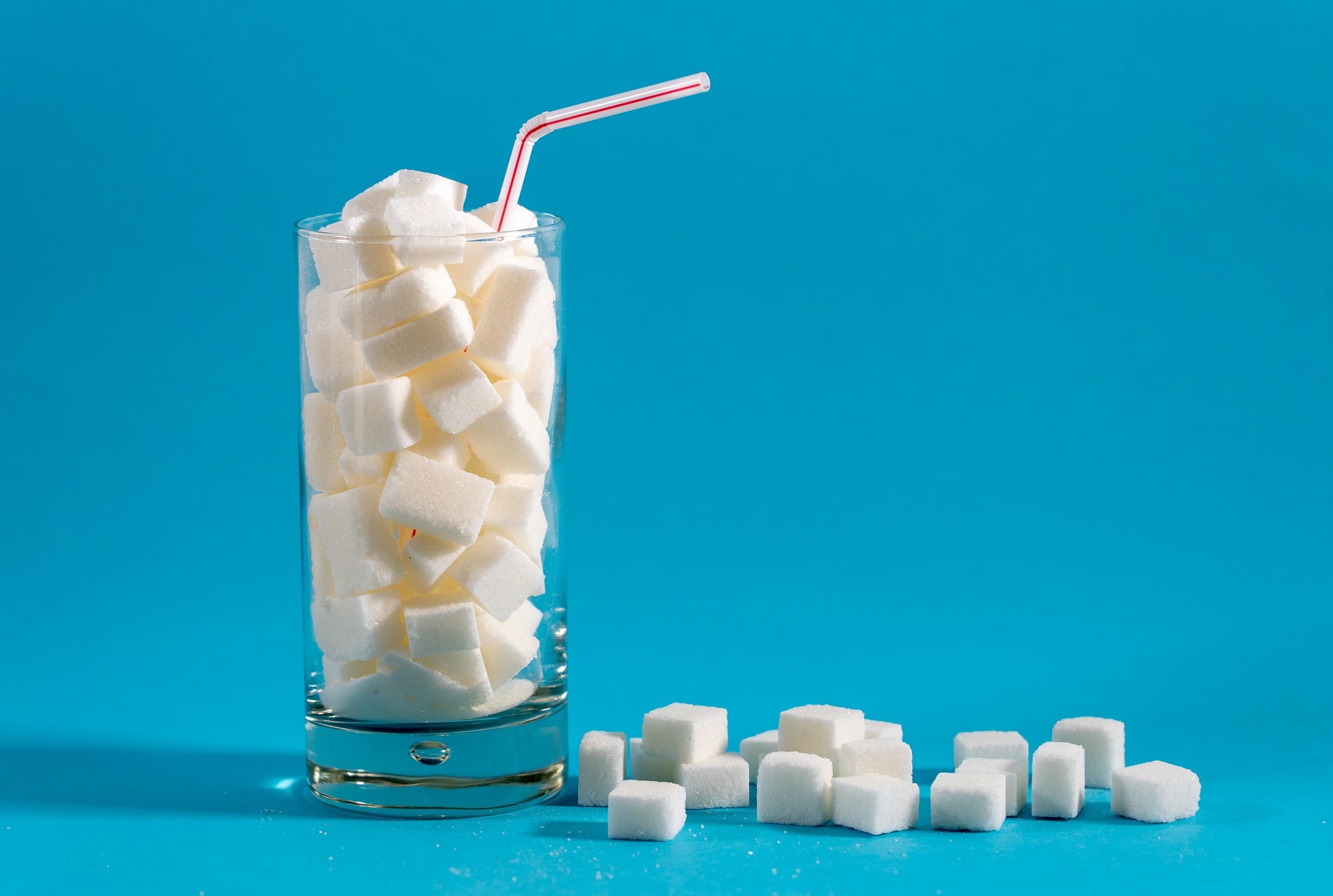
Will new figures, highlighting links between sugar-sweetened drinks and diabetes, push governments to move further on sugar reduction regulations?

Women’s health is fast becoming one of the biggest food and beverage trends of the decade. We look at the top five categories gaining attention, sparking NPD and boosting sales.

Fish oils have been linked to improved muscle strength. What does this mean for the food industry and what NPD opportunities does it create?

What’s next for food and drink sugar reduction? Is it sweeteners, plant-based or less sugar altogether FoodNavigator explores in this, free digital webinar

HFSS cuts have been high on government healthcare agendas for years now. But is the rush to reformulate doing more harm than good?